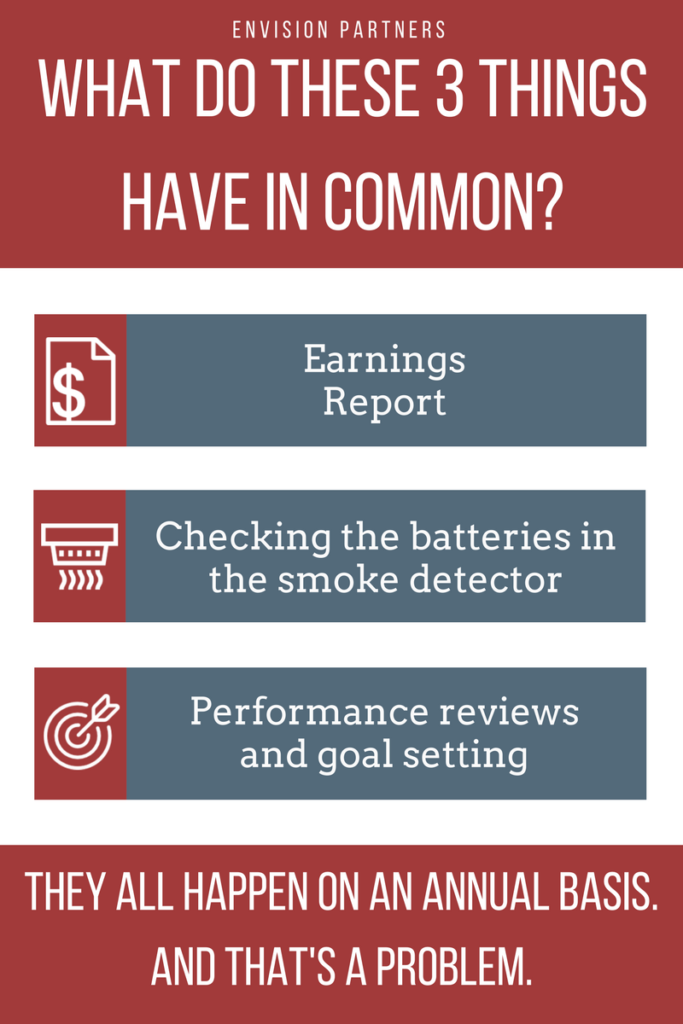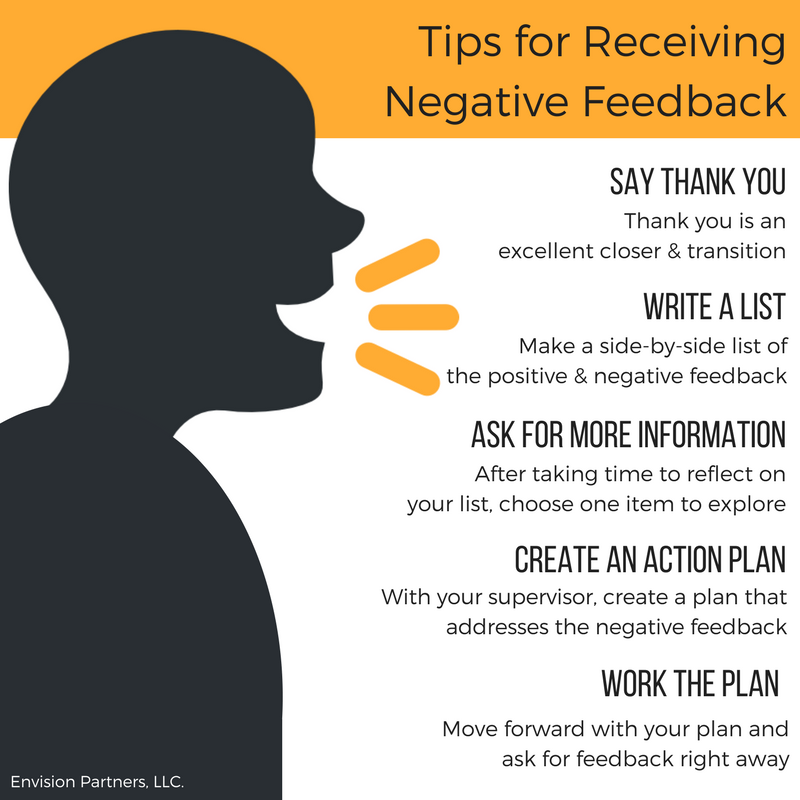Dependency
Imagine the relationship that exists between you and your supervisor. Your supervisor depends upon you to deliver results, and then you depend upon your supervisor for direction or resources or to remove obstacles. Sometimes, you can feel overly dependent on your supervisor. At other times, you can feel a bit of resentment toward your supervisor. Both of these conditions over a long period of time can lead to an unhealthy relationship. Keeping a balance of mutual dependence requires work from both members of this relationship. This mutual dependence also exists between you and your direct reports, but for now let’s focus on your dependence as a report toward your supervisor.
It’s normal in the beginning of a relationship for us to be somewhat dependent on our supervisor who might be more experienced or knowledgeable. Deference may also be a sign of respect until we get to know one another. However, it is expected that we will eventually (probably sooner rather than later) think independently and to appropriately challenge team members and our supervisor. If we maintain a completely compliant stature, we are doing our boss and ourselves a disservice.
The belief that your supervisor is all-knowing, wise and infallible is wrong. The belief that your supervisor does not need to hear your opinion is wrong. When you are over-dependent on your supervisor, you are preventing the team from reaching their maximum potential and you are limiting your own potential.
You were hired to contribute. If you see a wrong decision, you are obliged to speak up. It is the exception, not the rule, that a supervisor will not hear out an alternative opinion. In fact, most supervisors will welcome input to help with their decision-making. If you have an unrealistic view of the capacity of your supervisor to make perfect decisions, you will be highly disappointed when they do not. If you chose not to contribute to that decision, this emotion would be inappropriate, but that is how you will feel. This kind of unreal expectation leads to disappointment, frustration, and even anger—by both you and your supervisor.
Over-dependency also puts unreal expectations on your supervisor to watch over your career by providing regular feedback, developmental opportunities, protection from other teams or team members, and promotion when the time comes. These are not solely up to you, but they are surely not solely up to your supervisor. If you expect this and it doesn’t happen—well– see above.
On the opposite end of the dependency continuum is counter-dependency. Counter-dependency is a feeling of not needing the supervisor at all. Often counter-dependency is a reaction to feeling constrained by the decisions or opinions of our supervisor. The instinctive response to these limitations can be to resent the boss’ authority and rebel against decisions. As a result of this resentment, we might start view our boss as authoritarian, escalate conflict beyond what is appropriate and position the boss as the organizational enemy—someone who as a result of their role alone is a hindrance to progress, an obstacle to worked around or to at best, be tolerated. If we act on this attitude, the boss does become the enemy and sensing the latent hostility the boss loses trust and gives up helping—seemingly corroborating our negative attitude. Interestingly, perhaps in an effort to not be “like our boss” or from the protective stance, those of us showing counter-dependence tend to be loyal and protective supervisors of their own teams.
Based on our past experiences (usually with past supervisors) we all walk into supervisor-subordinate relationships with a tendency toward over-dependence or toward counter-dependence. Awareness of these extremes and the range between them can be useful for knowing where our predispositions fall and subsequently, their implications on our attitude and behavior toward our boss. If you believe that you have tendencies for counter-dependency it’s probably possible to predict your reactions and overreactions to your boss, their decisions and opinions. If you have tendencies toward over-dependence you might examine the extent to which over-compliance or lack of willingness to confront differences might be making you, your boss and your team less effective.










